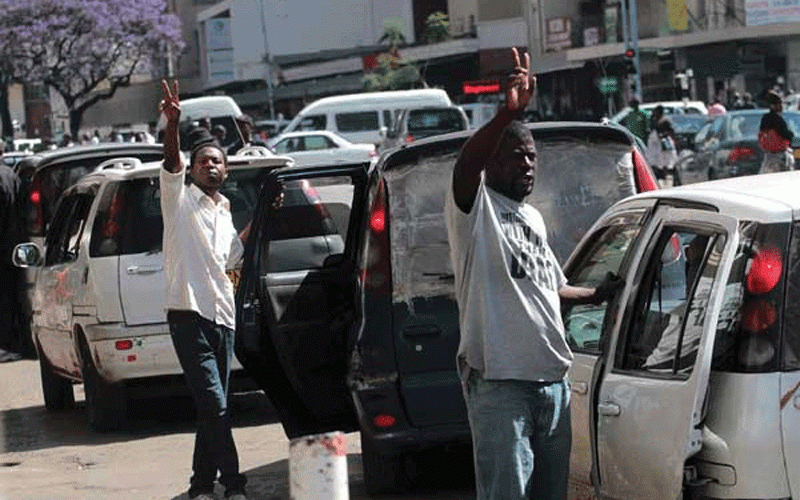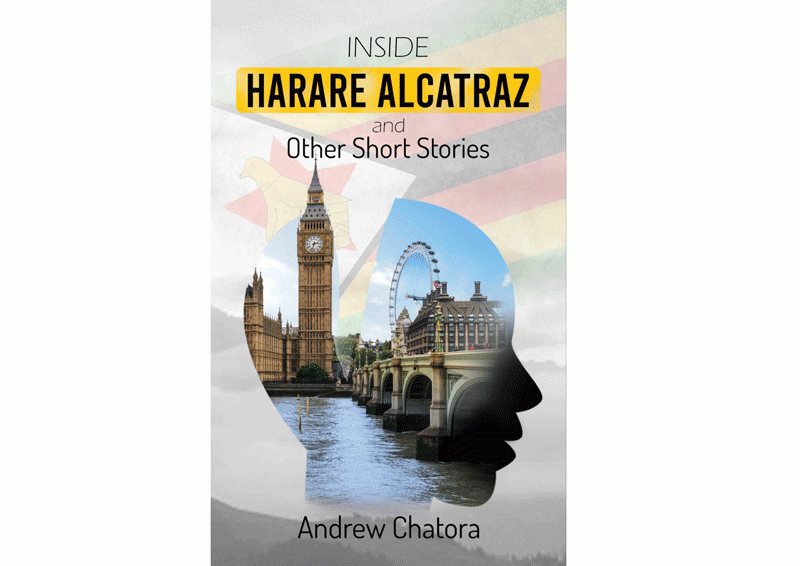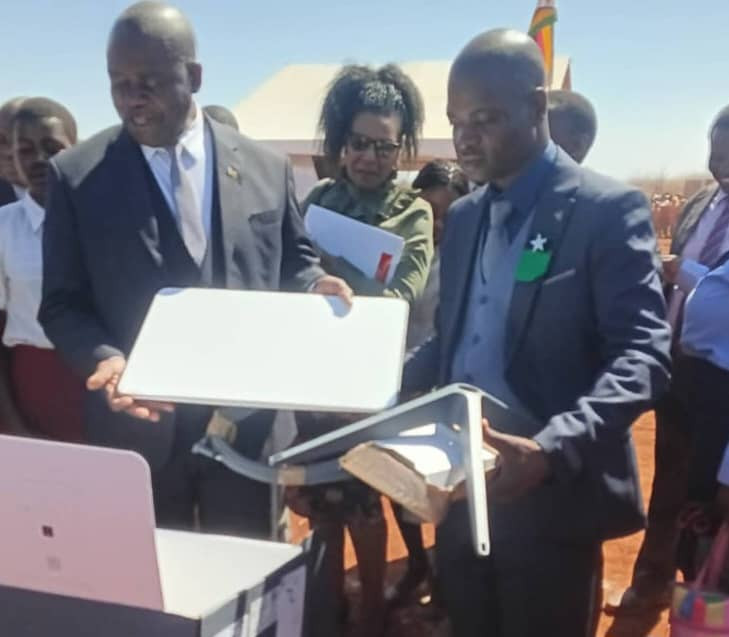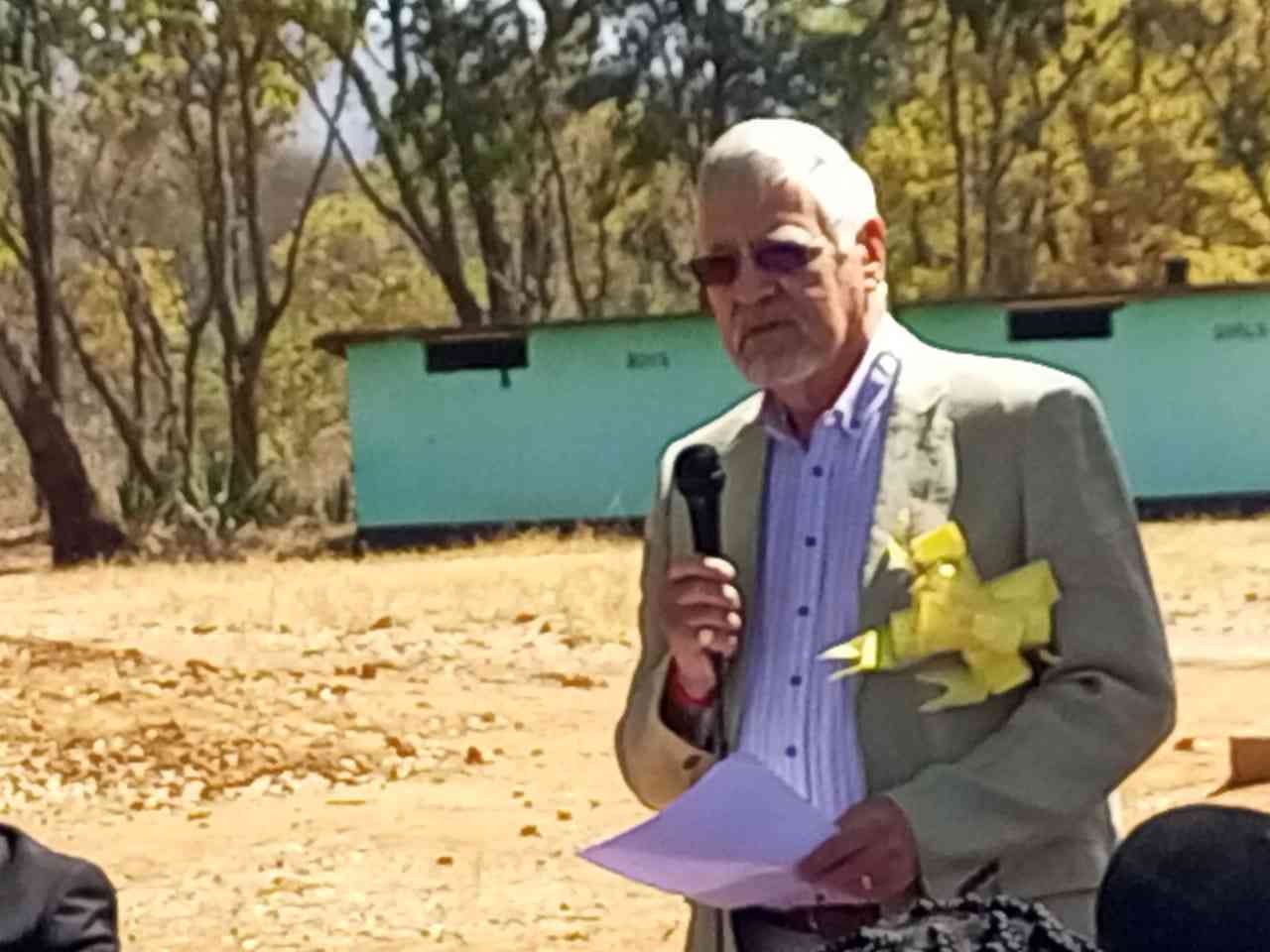
Undocumented Zimbabweans living and working in South Africa recently heaved a sigh of relief after the neighbouring country's constitutional court threw out an application by that country's government in terms of a right to administration of justice.
There have been various xenophobic attacks to a number of foreigners and fellow kindred which had at times been described in social media circles as barbaric and beyond human comprehension.
Some 'foreigners' were killed through what the assailants described as necklacing while others were lynched through petrol bombing, stabbing, and shooting among others.
Indeed it is rather barbaric and sadistic.
The above narrative brings to mind the ongoing 'war' between law enforcement agents and emergency transport operators popularly known as mshikashika, who have been accused of being a law unto themselves as far as traffic rules are concerned.
Mshikashikas comprise various types of small vehicles that are usually designed to carry an average of five or six passengers and are considered to have least fuel consumption mechanisms.
However, despite all negatives associated with such type of transport provision compounded by uncouth behaviour from crew members, there are also positives that come from travelling in such mode of transport.
Chief among them is accessibility from both particular boarding points and destination without much hassles and are considered most ideal compared to other modes of transport.
- Zim headed for a political dead heat in 2023
- Record breaker Mpofu revisits difficult upbringing
- Tendo Electronics eyes Africa after TelOne deal
- Record breaker Mpofu revisits difficult upbringing
Keep Reading
Mshikashika are also the most sought after 'commodity' in resort areas such as Victoria Falls, Masvingo, Kariba where even those in the travelling and touring industry describe them by their nom de guerre as they have proven worthy among local and foreign visitors.
At the so called terminus or renkini these vehicles are a common sight for 'convenience' and are ideal for moving from one short destination to another.
Yours Truly is of the opinion that an amicable solution needs to be found by both transporters and responsible government authorities that might benefit both parties as licensing and destination status is concerned.
This may appear weird, but this could be another panacea in trying to tame the legendary traffic jungle exacarbated by the so called mshikashika.
The other school of thought is to try and emulate other countries that have introduced the uber transport system where these mshikashikas may be handy to the travelling public.
To the uninitiated, a uber business model is a form of transportation company with an application that allows passengers to hail a ride and drivers to charge fares and get paid. It is a ride sharing company that hires independent individuals as drivers.
This has somehow revolutionarised the taxi industry and all this is done in the comfort of one's home, office or any convenient place courtesy of a smart phone.
In neighbouring South Africa, all uber drivers are vetted for integrity purposes and are periodically requested to take a selfie before accepting a passenger to ensure accountability.
Prospective passengers are also requested to register with such a service where banking and personal details are recorded so that the fare is deducted through the bank as the whole transaction is cashless without any form of hassle.
However, procedures might be simple but the whole exercise is considered rigorous to ensure passengers' safety and satisfaction on reaching the prescribed destination.
Once these mshikashikas are properly registered with the so called taxi industry, sanity is certainly going to prevail and the rest might follow.
Let us consider fair administration of justice when tackling the mshikashika issue.
Till we meet again in the next column.
*Comments always welcome on: dubebasill@gmail.com or X@DubeBurzil










